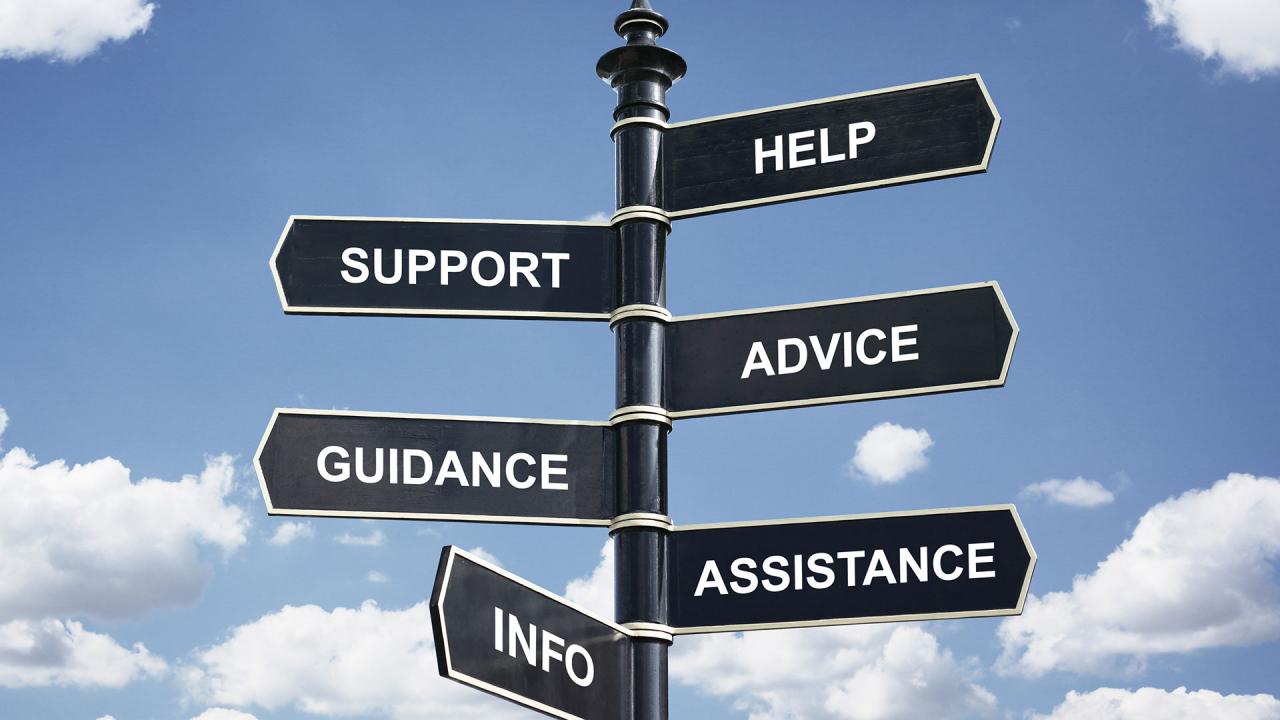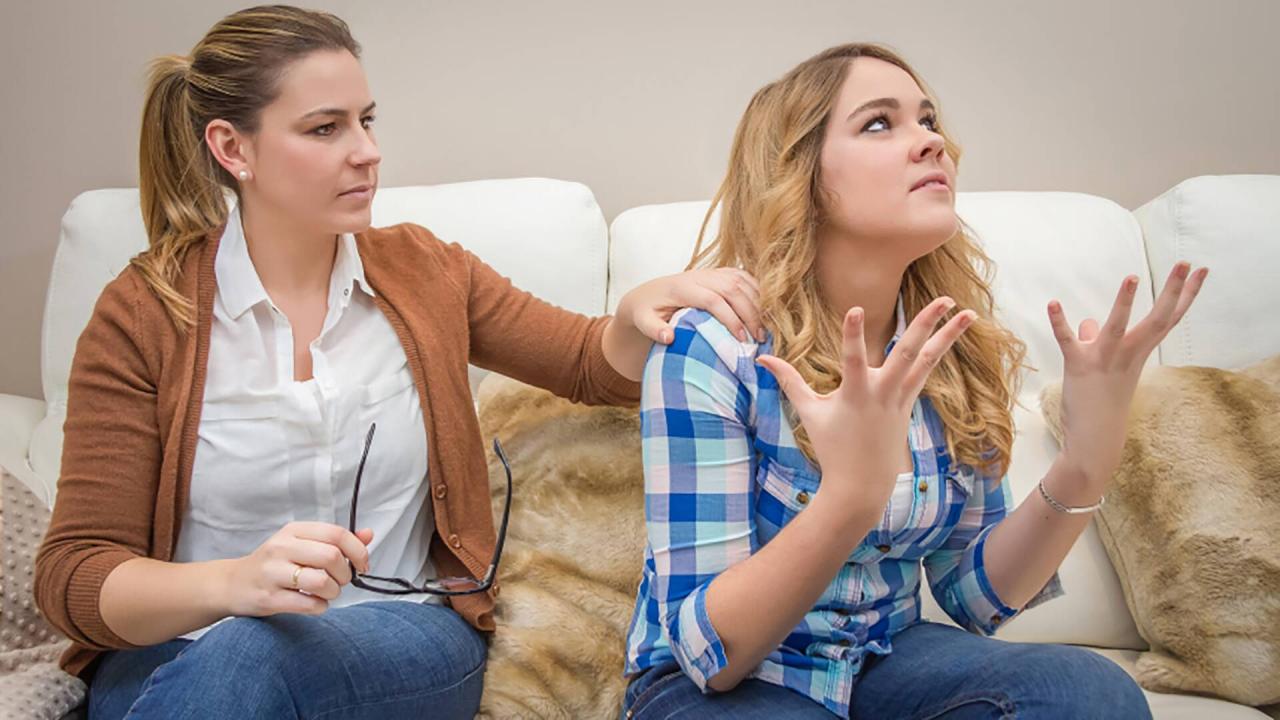General and Mental Health Resources
If you believe you need immediate assistance, please call your local emergency number or the mental health crisis hotline listed in your local phone...
Mental health issues affect millions of Americans. Dr. Phil tells his viewers, "I wish I could tell you that there's a profile where we could predict who was going to become violent and who wasn't, but we can't identify that. What we can do is recognize that there are troubled people in society, and we can try, as citizens of the world, to reach out to them."
It may be difficult to reach out to someone whom you think needs help. Follow these Dos and Don'ts as a guideline for reaching out:
For more information on mental health issues, please visit:
Warning Signs of an Adverse Reaction to TragedyDr. Phil explains the warning signs to watch for in a loved one who may be having an adverse reaction to a recent tragedy:
If you have a child recovering from a tragedy, here are some tips to help them through it:
For more information, please read:

If you believe you need immediate assistance, please call your local emergency number or the mental health crisis hotline listed in your local phone...

As parents, we need to be aware of the importance of thoughtful negotiations in our family relationships. The objective in relationship...

When you use Dr. Phil's 7 keys, you begin to: rid yourself of wrong thinking, heal yourself of emotions standing in the way of a healthy relationship...